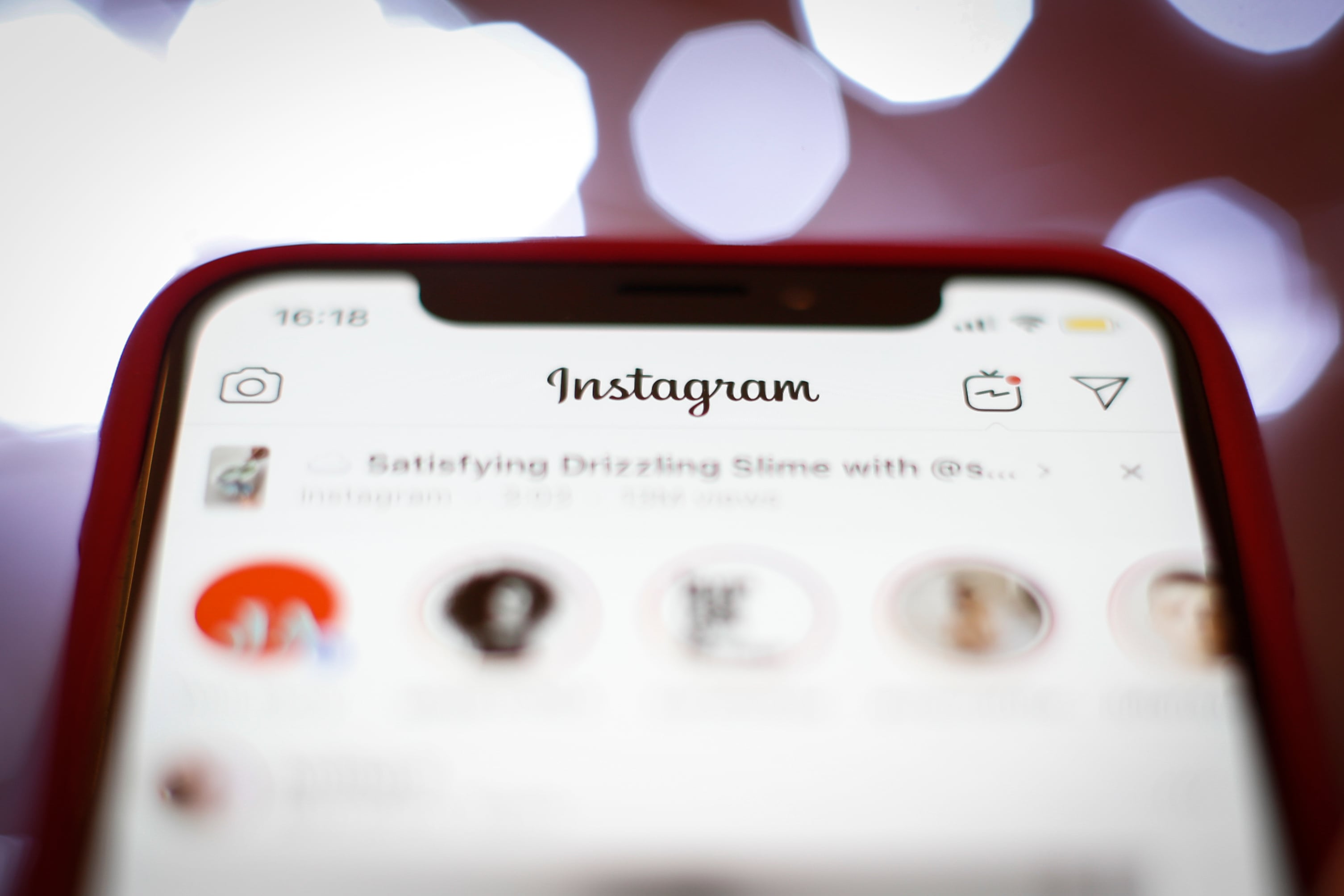Negative feelings about your body, anxiety or even depression. These are the effects that Instagram, one of the most popular social networks in the world, would have on adolescents registered on the platform, especially girls. And Facebook would be aware of it, so much so that in the last three years it has conducted internal studies, without ever revealing the results, on how the app owned by the Menlo Park giant affects millions of young users. The Wall Street Journal revealed these studies and their results.
Some results emerged
deepening
Instagram, default private accounts for under 18s
“32% of teenagers say that when they feel bad about their body, Instagram makes them feel worse”, is one of the data that the WSJ reports about internal Facebook research. But it also emerged that “teens blame Instagram for increases in the rate of anxiety and depression.” Another study, on the other hand, found that for over 40% of young people the perception of not being attractive enough arose precisely with the use of Instagram. With this in mind, the head of the social network’s public policy, Karina Newton, explained that the company is identifying a series of tricks to remove users from certain types of content. “We are cautiously optimistic that these suggestions will shift the focus so far on people’s physical appearance,” he said. Among other things, the platform, after some experiments, has recently made the display of hearts or “likes” optional, appreciations that other users can leave to the published photographic contents.
The importance of young users for social media
Also according to the Wall Street Journal, the documents relating to these studies have been scrutinized by top executives, including Facebook founder Mark Zuckerberg and Instagram chief Adam Mosseri, and show that “minimal efforts have been made to address these issues and how they have been minimized in public ”. Just on input from Mosseri, it would have emerged how Instagram can get to work for a version of the social platform dedicated to the “under 13”, an indiscretion already widespread a few months ago in the US and which has already triggered adverse reactions and controversies. For Instagram, as for other tech giants, expanding the base of young users is essential to survive. The Facebook-owned app boasts more than 100 billion in annual revenue and more than 40% of its users are under the age of 22. Furthermore, the WSJ points out, almost 22 million adolescents access it only in the United States every day, compared to 5 million peers who still use Facebook, from which the youngest seem to have strayed. It is, he explains in conclusion, a sort of obsession that teenagers feel towards Instagram, but which “they are not able to stop”.
The expert’s opinion
deepening
Living near the woods is good for children’s mental health
“Instagram is only the latest, in chronological order, to be chosen to convey the moral panic that has always accompanied new technologies. Although it has existed since 2010, it is only recently that research has been interested in this platform and the studies are so far only exploratory and fragmentary “, underlined (as reported by” La Repubblica “) Tiziana Metitieri, neuropsychologist at Meyer in Verona and at work for some time on the relationship between technology and development in children. “What we do know is that the results of recent years aimed at demonstrating the negative impact of social media on the psychological health of adolescents have proved to be weak if not artificial. subjective views of the time spent online, the partial selection of tools to assess anxiety and depression, the opacity of the data collected and not open to the verification of independent researchers, together with the lack of transparency on the purposes of the research has questioned its integrity “, He underlined. According to the expert, then, “mental health problems have not increased with the use of new technologies. they are a space to express psychological difficulties and to ask for help. In addition, they can be the means of conducting mental health promotion campaigns that engage adolescents themselves. It is these contents that should be encouraged. Much research is still to be done, it needs to be more transparent and take into account negative, neutral and positive effects, but we know that attention will be shifted elsewhere when the alarm on Instagram will no longer be functional to political and market decisions ” he concluded.
.
